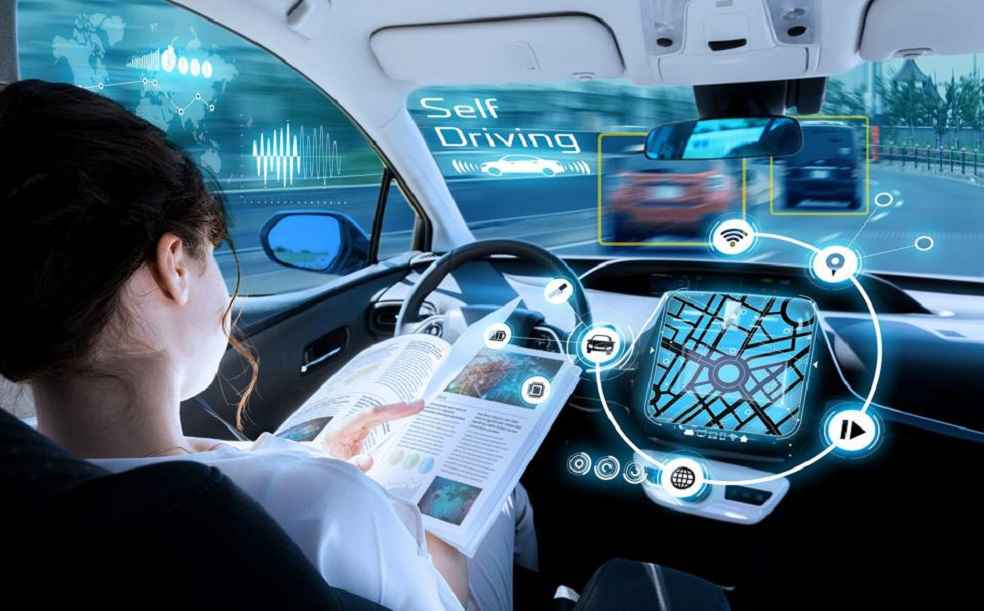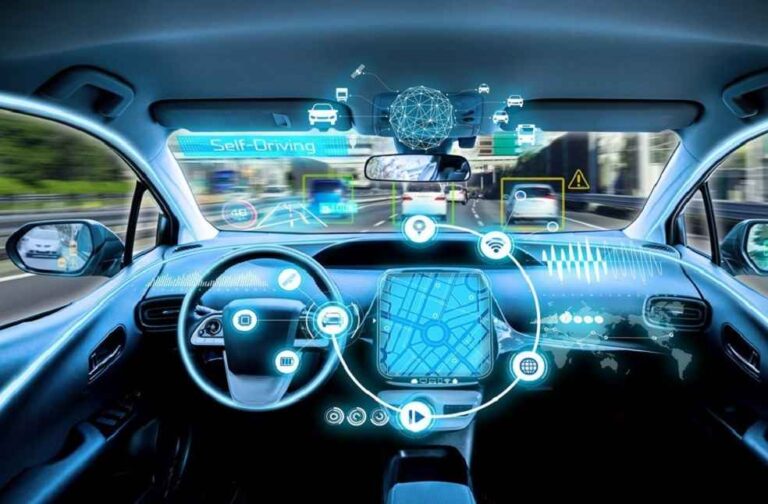The Japanese government is set to redefine automotive technology by emphasizing software-defined vehicles (SDVs), aiming to secure 30% of the global market by 2030. Revealed through a strategy draft accessed by NHK, this approach shifts focus from traditional hardware to predominantly software-driven vehicles.
SDVs empower owners to modify and enhance their vehicles through remote software updates, improving functions like driving performance and safety. This innovative approach not only enriches user experience but also prolongs vehicle longevity, aligning with contemporary sustainability goals.

Amid rapid technological advances within the auto industry, particularly around electric and autonomous vehicles, Japan’s strategy encourages collaboration among domestic manufacturers. This collective effort is intended to accelerate research and development in sophisticated semiconductors and software standardization—critical areas where Japanese automakers seek competitive edges.
Additionally, the strategy supports the creation of autonomous commercial vehicles, including trucks and taxis, positioning Japan at the forefront of emerging transportation technologies. Despite facing challenges from industry leaders like Tesla in the SDV arena, this strategic move by the Japanese government could elevate local manufacturers to global prominence.

Expected to be announced by the industry ministry on Monday, this strategy underscores Japan’s commitment to leading the next evolution of automotive manufacturing, leveraging high-tech innovations to reshape its industrial landscape.
LATEST | Ford Launches Equator SUV: New Hybrid Set to Dominate Global Markets





